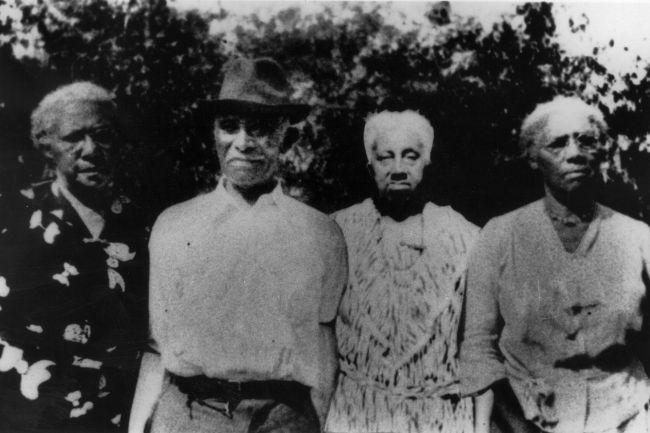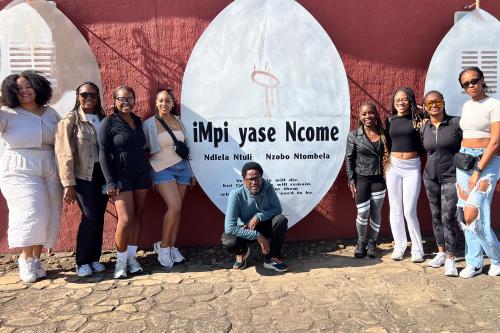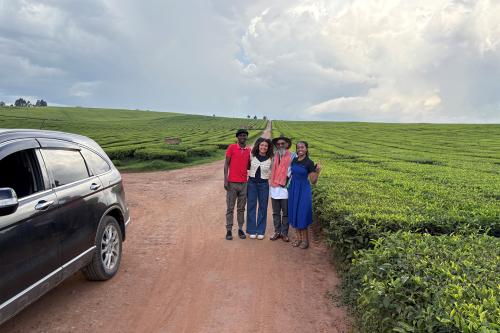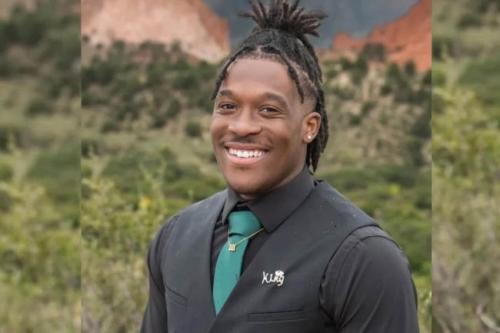The Quander family, recognized as one of the largest and oldest documented African American families in the United States, traces its roots back more than 300 years. Their history is American history and that's largely in part because of Rohulamin “Judge Ro” Quander (pronounced ROH-hoo-luh-meen), a distinguished historian, author, and genealogist whose life work has centered around preserving his family’s legacy. Judge Ro, a retired senior administrative law judge for the District of Columbia, is a direct descendant of the Quander family, which traces its American roots back to the 1600s.
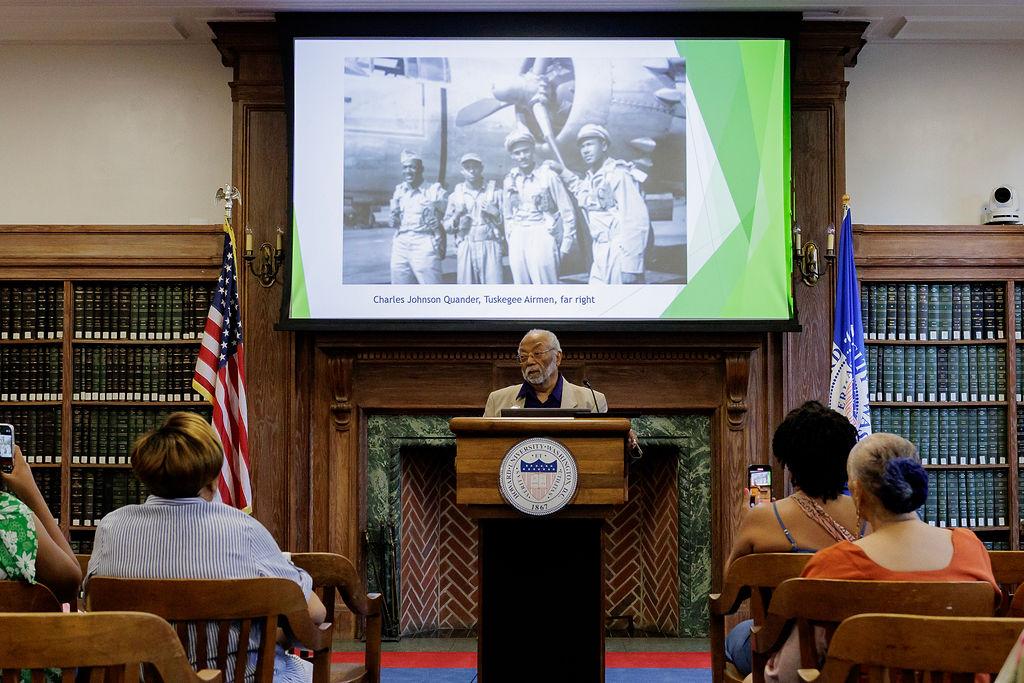
For more than 40 years, he has meticulously documented the family’s journey from enslavement to modern-day achievements. Judge Ro's work not only safeguards the Quander family's story for future generations but also serves as a blueprint for African American families seeking to reclaim and honor their heritage.
On August 8, the family hosted a public panel discussion at Founders Library that emphasized the importance of preserving family history, especially within African American communities as a means of cultural resilience and identity. Speakers shared personal experiences in genealogy work.
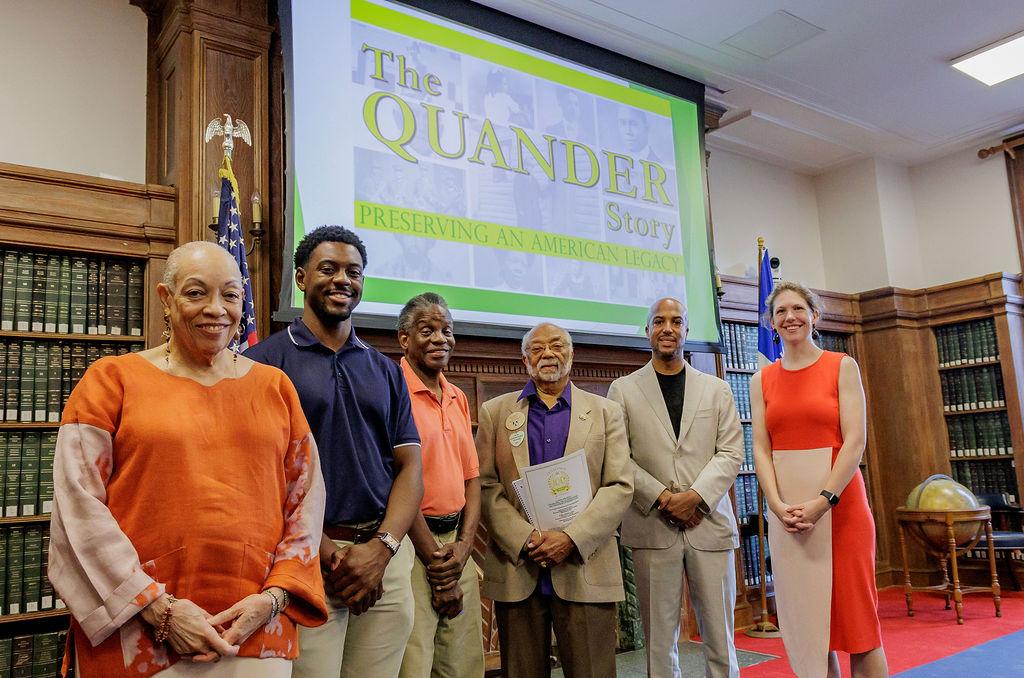
A graduate of Howard University and its School of Law, Judge Roe has dedicated his career not only to public service but to cultural preservation, often speaking at national conferences on Black genealogy and identity.
He is the author of several acclaimed books, including The Quanders: Since 1684, an Enduring African American Legacy and The Quanders: Present and Past, which documents more than 300 years of his family’s history and legacy. Judge Ro’s book, My Gift to You, serves as a keepsake and journal for families to begin their own intergenerational storytelling.
As a living authority on ancestral research, Judge Ro offers essential insights for Black families seeking to preserve their own lineage. Here are 10 ways to trace your family lineage:
1. Start with Oral Histories
Have conversations with your oldest relatives to collect names, birthplaces, traditions, and stories. Judge Ro stressed the urgency of capturing oral histories as early as possible.
“You have to ask the questions while you can still get the answers. You can’t go back and ask your great-grandmother anything after she’s gone,” he said. As a child, Quander asked his grandmother about their roots — an act that became the foundation of his lifelong research. Her stories led him back to Charles County, Maryland, where the Quander lineage began.
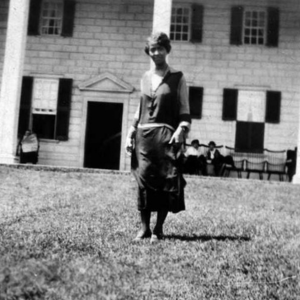
2. Record Family Interviews
Use video or audio to preserve family memories and conversations for future generations. Judge Ro emphasized capturing the voices of family elders before time erases them.
“We have funerals for 80 and 90-year-olds, and the young people [in the family] don’t even know who they were or what they went through," said Judge Ro. He encouraged documenting interviews to avoid generational gaps in knowledge.
3. Gather and Digitize Family Documents
Collect and scan family Bibles, photos, birth certificates, letters, and other family heirlooms to preserve them permanently. Judge Ro's family saved a trove of primary documents, including 18th-century papers.
“Our family Bible has names going back to the 1700s. That’s a primary document. That’s irreplaceable,” he said. In an effort to preserve his family’s history, Judge Ro donated copies of some of these documents to Howard’s Moorland-Spingarn Research Center and the DC History Center.
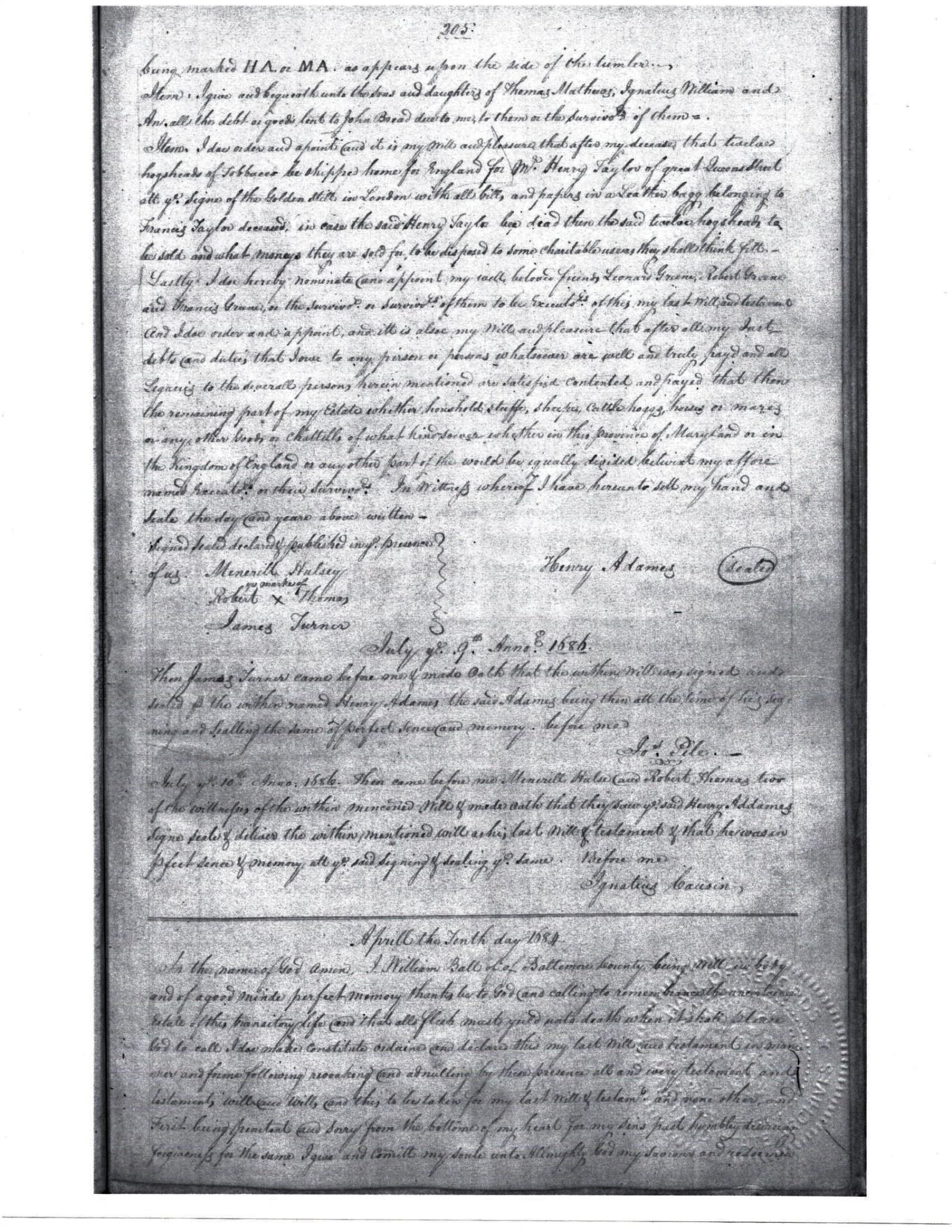
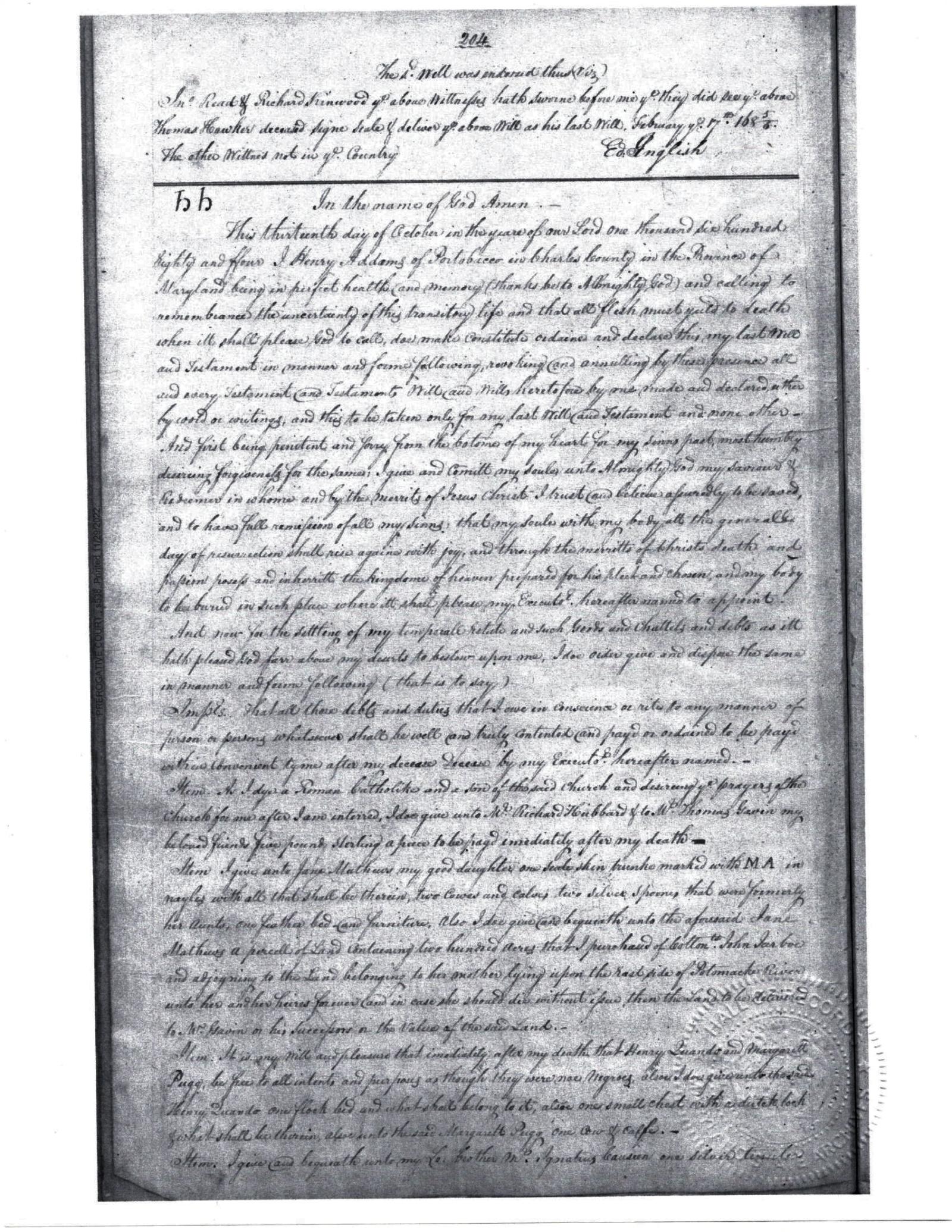
4. Create a Family Tree
Use genealogy platforms like Ancestry or physical charts to list out your family structure.
Judge Ro traced his family’s lineage all the way back to a 1670s land grant and created a family tree that lists more than 3,000 descendants, explaining that “we are documented as the oldest, consistently traceable African American family in the United States.” He used records, oral history, and cross-referenced other Quander branches to build a verified lineage.
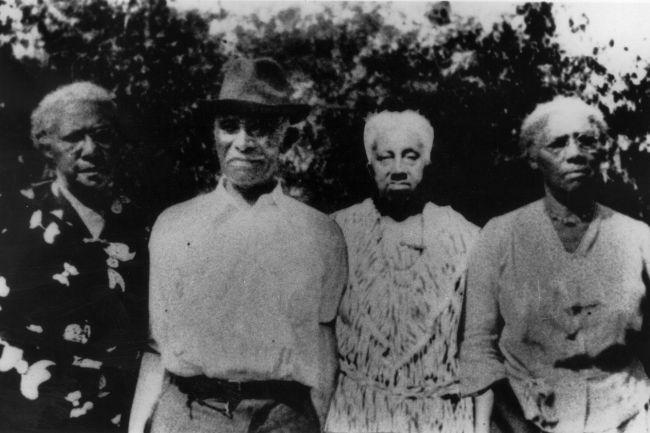
5. Use Census and Courthouse Records
Access census records and court documents for land deeds, wills, and vital stats related to your family.
Judge Ro spent time in the Charles County courthouses pouring over records of enslaved folks, land grants, and manuscript papers.
“I went back to the courthouse where I could actually see the names of people who owned our family. It wasn’t hearsay, it was documented,” Judge Ro said. This helped him verify his family’s early American roots.
6. Consult Historic Archives
If possible, tap into university archives, Black research centers, or local historical societies for more information about your family’s history. Judge Ro deposited records at the Moorland-Spingarn Research Center and the DC History Center to preserve the family’s story.
“If your [family’s] history is sitting in your attic, it dies with you. If you place it in a research institution, it lives on forever.” He wanted to ensure that future generations — even strangers — could learn from the Quander legacy.
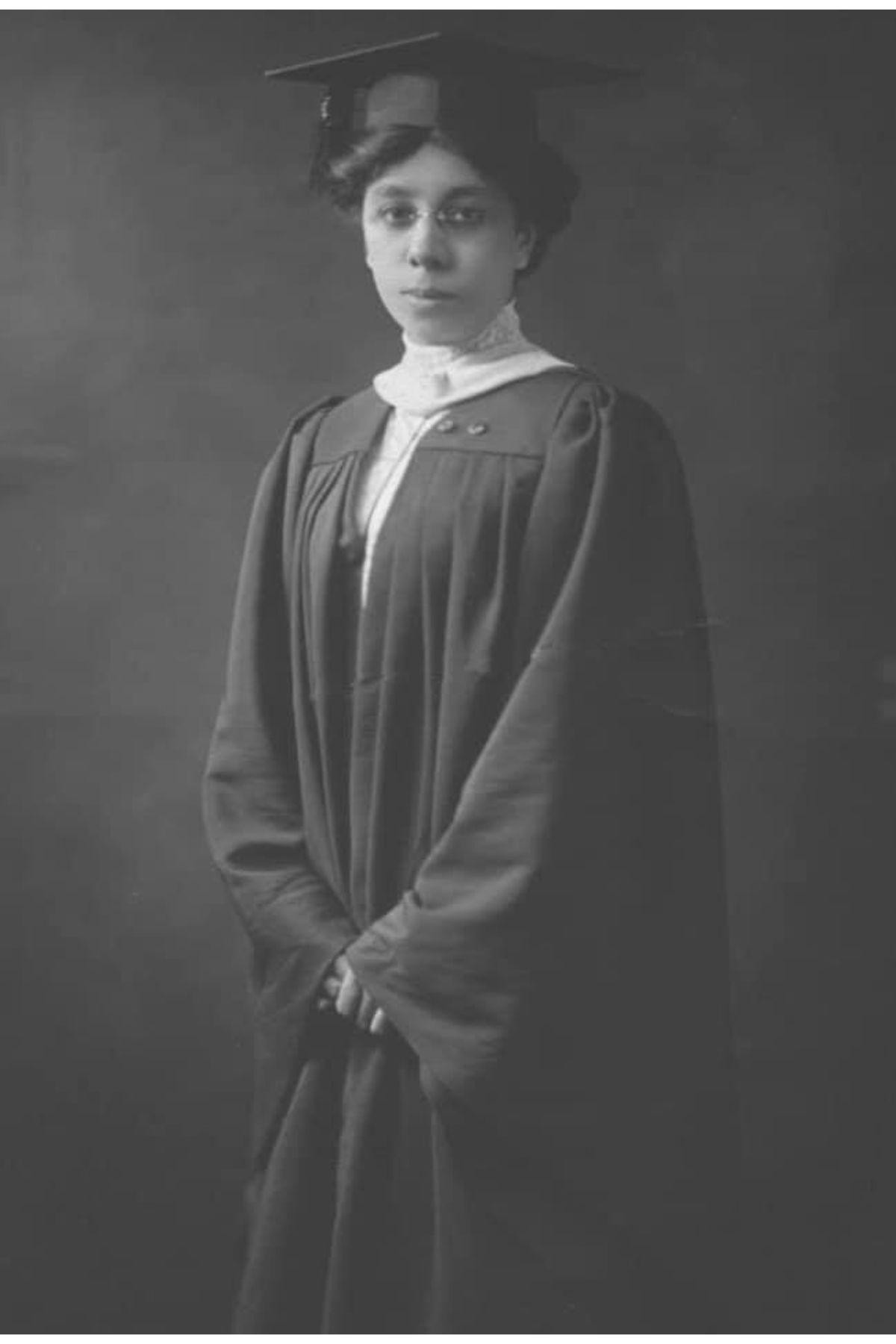
7. Preserve Family Reunions
Reunions are not just social events — they’re opportunities to share stories and build a legacy. This year, the Quander family is celebrating their 100th family reunion, hosting one of the oldest documented African American reunions in the country.
“Our reunions aren’t just about potato salad. They’re structured learning events — presentations, speakers, and history lessons,” Judge Ro explained. It’s a living classroom that deepens familial ties and ensures that knowledge is passed down.
8. Take a DNA Test
Utilize genetic testing to uncover ancestral origins and connect with extended relatives. Though not a substitute for documents, Judge Ro supports using DNA testing resources to confirm familial relationships or resolve gaps. “DNA testing helped clarify branches of the family that we couldn’t verify through paper alone. You need both — science and story.”
9. Write Your Family Story
Compile your family’s narrative into a book, journal, or scrapbook to make your history accessible.
Judge Ro authored more than 20 books and publications, including The Quanders: Since 1684, an Enduring African-American Legacy, which introduces stories that constitute the Quander family legacy as one of the oldest consistently documented African American families in the country.
“You can’t leave the burden of remembering to the next generation. If you know it, write it down,” said Judge Ro. His book, My Gift to You, is a family keepsake book designed to be passed from parent to child.
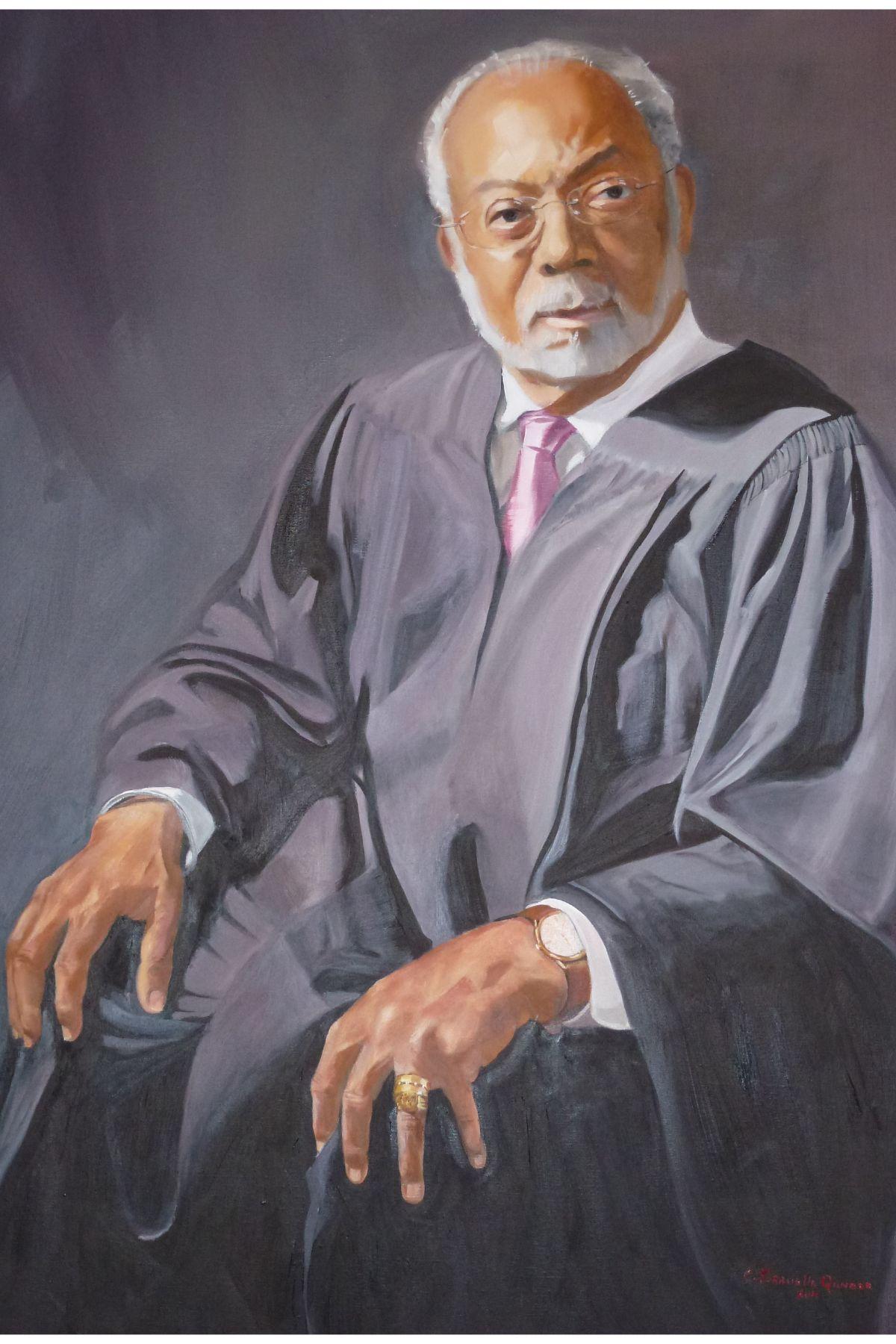
10. Leave a Legacy Through Archives
Donate or preserve your family records to historical institutions for longevity.
Judge Ro submitted official family histories to major research centers, sharing that “if your family name is only on a headstone, then the story ends there. But if it’s in a library, a book, or an archive, it becomes immortal.” He added that “our history is not just worth remembering — it’s worth protecting. You don’t need to be famous to be remembered. You just need to care enough to preserve what matters.”
Judge Ro stresses how, historically, traditional systems deliberately fractured African families to weaken communities. The Quander family’s ability to trace its lineage more than 200 years is quite unusual, however, it stresses the importance of documenting and archiving your family stories to make sure they are not erased.


